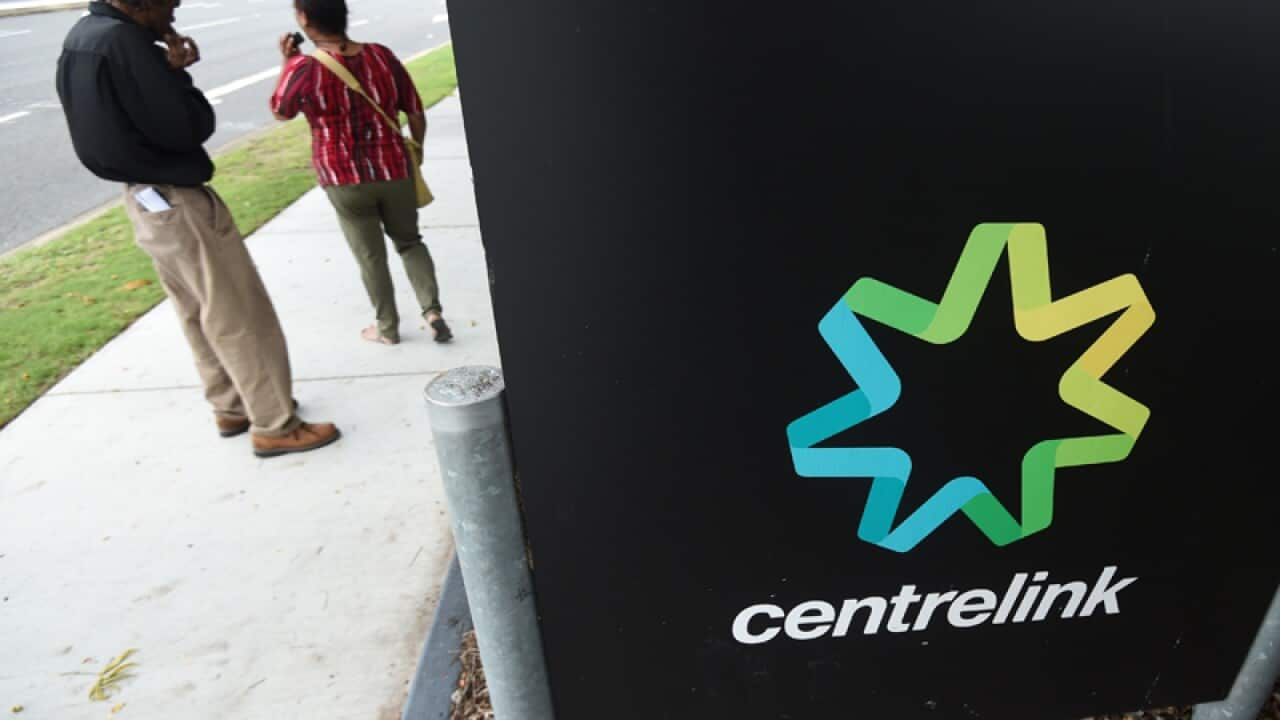A report released on Monday called on the Department of Human Services to improve the clarity of letters sent to welfare recipients and provide more help to vulnerable people.
"We found there were issues with the usability and transparency of the system," acting ombudsman Richard Glenn said.
"Many of these problems could have been reduced through better project planning, system testing and risk management."
The report acknowledged Centrelink had tweaked the system since an investigation started in January but said more changes were necessary.
It recommended Centrelink, in certain circumstances, reassess the automatic 10 per cent debt recovery fee on debts already paid. Centrelink has already removed the fee.
Initial letters to welfare recipients should have a helpline number on the first page, mention the possibility of debt earlier and tell people they can ask for time extensions, the report said.
The letter should also explain the concept of averaging income over time periods using the tax office data.
A help line needed to be adequately resourced and Centrelink had to be more proactive in assisting vulnerable welfare recipients by making follow-up calls.
The report said poor service delivery was a recurring theme in many complaints.
"Customers had problems getting a clear explanation about the debt decision and the reasoning behind it," the report said.
"In our view, there were insufficient resources directed to telephone services."
The training of call centre staff was also inadequate.
The Department of Human Services has agreed to the eight recommendations.
Human Services Minister Alan Tudge seized on the ombudsman's comments that it was "entirely reasonable and appropriate" for Centrelink to ask welfare recipients to explain discrepancies following its data matching activities as a means of safeguarding welfare payment integrity.
"We want to be fair and reasonable to welfare recipients but also fair to the taxpayer who pays for the welfare payments," Mr Tudge said in a statement.
AAP











